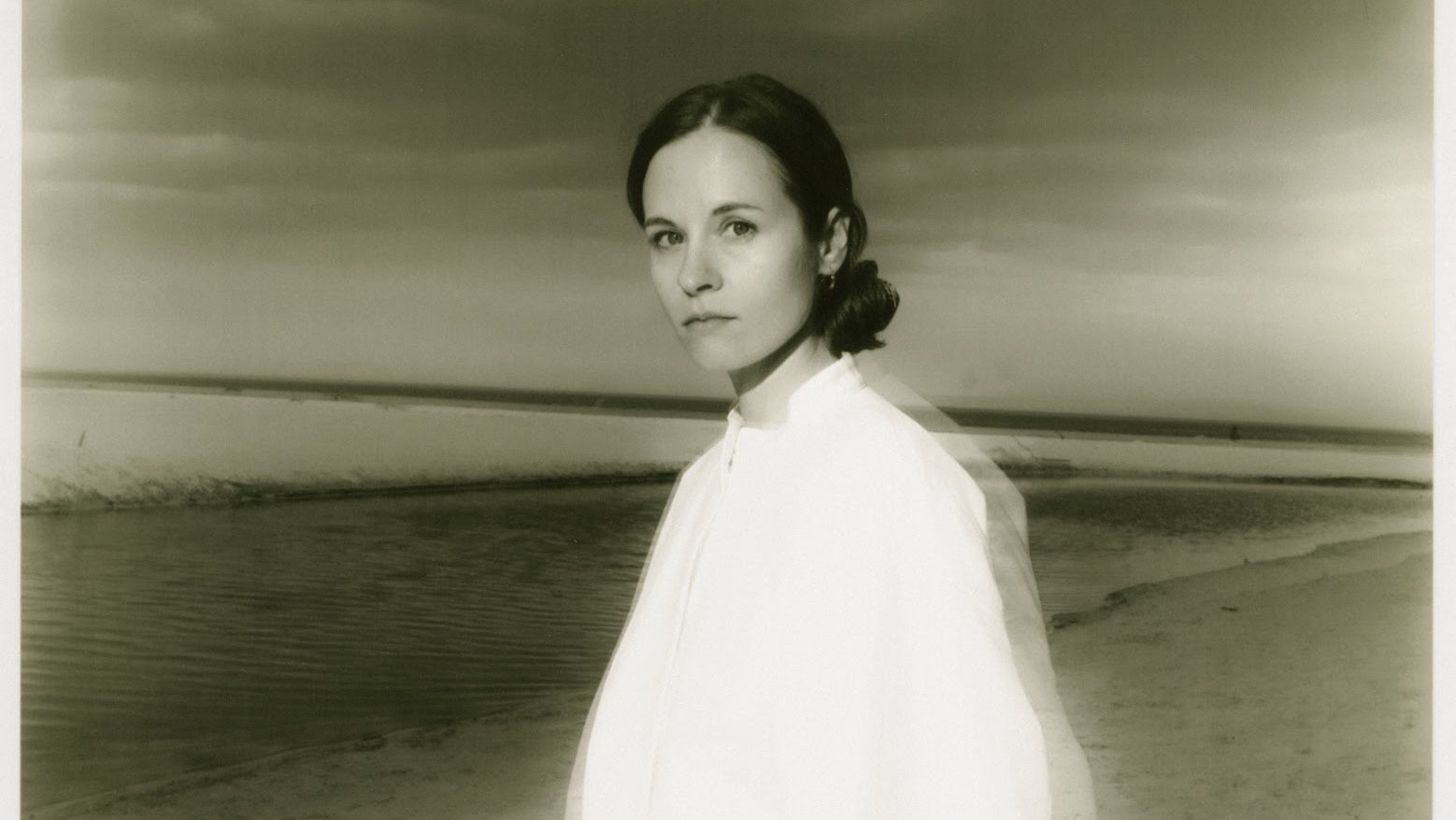
Photo Credit: Olivia Wunsche
A New Chapter for an Innovative Composer
Award-winning composer, producer, pianist, and vocalist Hania Rani releases her newest work, Non Fiction – Piano Concerto in Four Movements, marking a bold artistic evolution. Recorded at Abbey Road Studios with a 45-piece orchestra, the concerto represents Rani’s shift from the electronic textures of her acclaimed album Ghosts to a more orchestral, symphonic landscape. The work creates a sonic dialogue that explores how we witness conflict and human suffering—particularly in relation to the ongoing tragedies in Ukraine and Palestine—filtered through the lens of modern digital technology. Non Fiction is now available worldwide on all digital platforms as well as LP and CD.
Global Premieres in London and the U.S.
The world premiere of Non Fiction will take place at London’s Barbican Centre from November 25–26, followed by its North American debut at the Big Ears Festival in Knoxville, Tennessee, in March 2026. These performances introduce audiences to Rani’s most ambitious orchestral creation to date.
A Powerful Network of Collaborators
Realizing the vision of Non Fiction required the involvement of leading figures from today’s contemporary music landscape. The Manchester Collective performs the orchestral score, bringing their reputation for adventurous collaborations to the project. Conductor Hugh Brunt—artistic co-director of the London Contemporary Orchestra, known for work with Jonny Greenwood, Hildur Guðnadóttir, and Thom Yorke—led the recording alongside violinist Rakhi Singh. Singh, a frequent collaborator of Philip Glass and Abel Selaocoe, directed the 45-piece ensemble and played a key role in shaping Rani’s artistic direction.
Additional layers come from saxophonist Jack Wyllie of the Mercury Prize–nominated Portico Quartet and drummer-composer Valentina Magaletti, whose experimental approaches infuse the concerto with improvisational energy.
A Reflection on War, Memory, and the Present
Across its four movements, Non Fiction examines the human cost of war, drawing inspiration from rediscovered compositions by Josima Feldschuh, a young prodigy who wrote music during the Second World War in the Warsaw Ghetto. Rani contrasts these historical echoes with present-day devastation in Ukraine and Palestine, questioning how violence is viewed—and distanced—through modern media.
A Singular Voice in Contemporary Music
With a career spanning classical training, electronic experimentation, film scores, and sold-out global performances, Hania Rani continues to redefine contemporary music. Non Fiction stands as one of her most profound and timely works, inviting listeners into a world of reflection, contrast, and deep emotional resonance.





